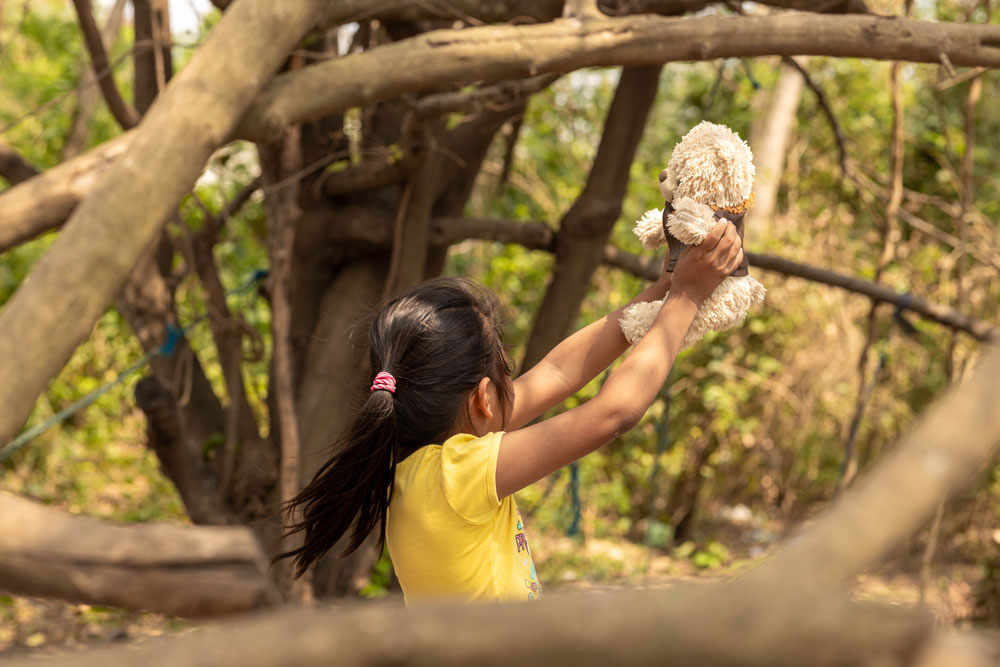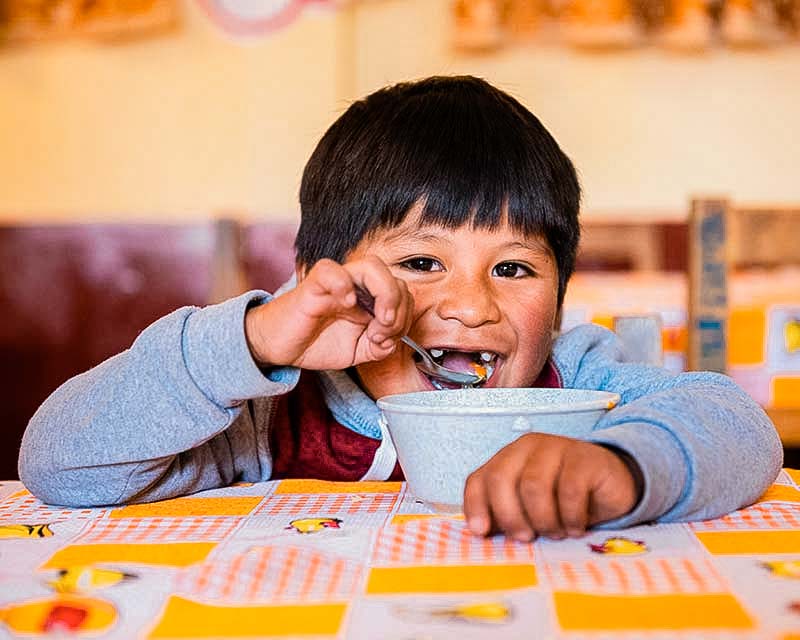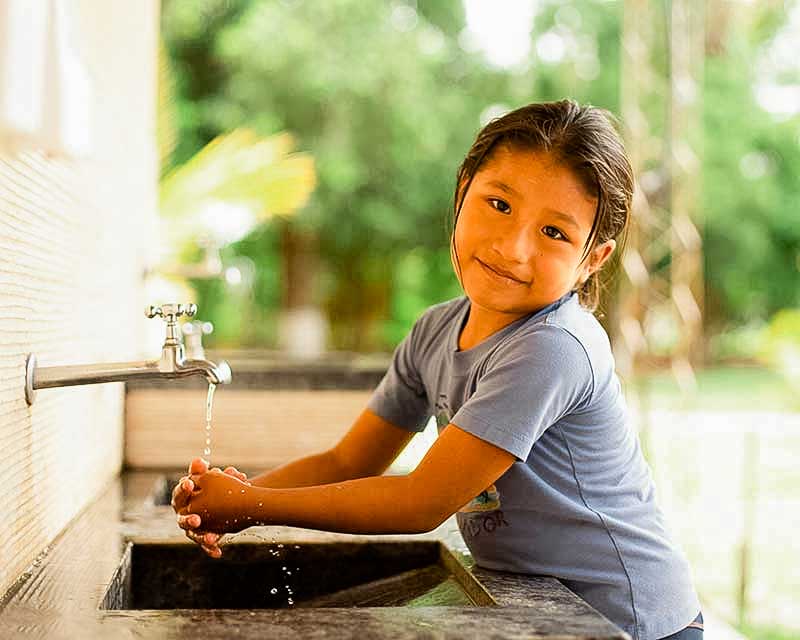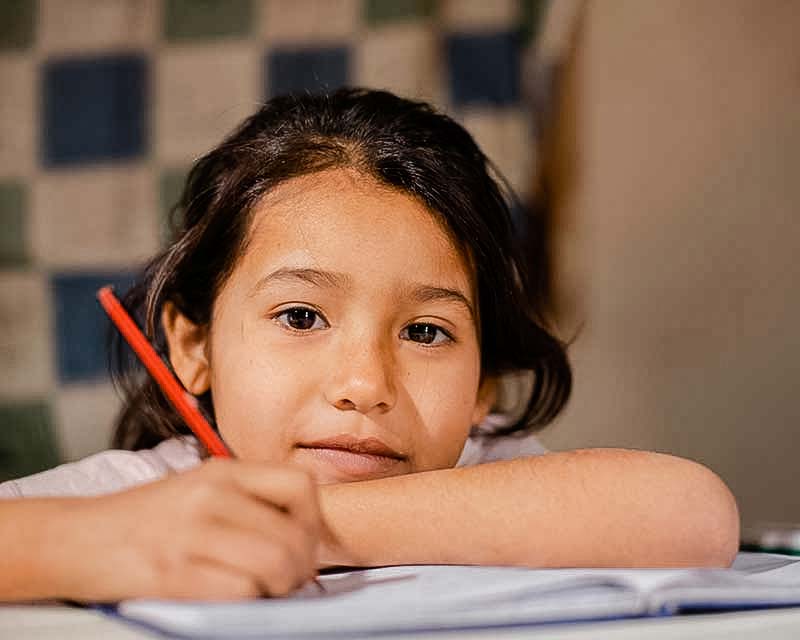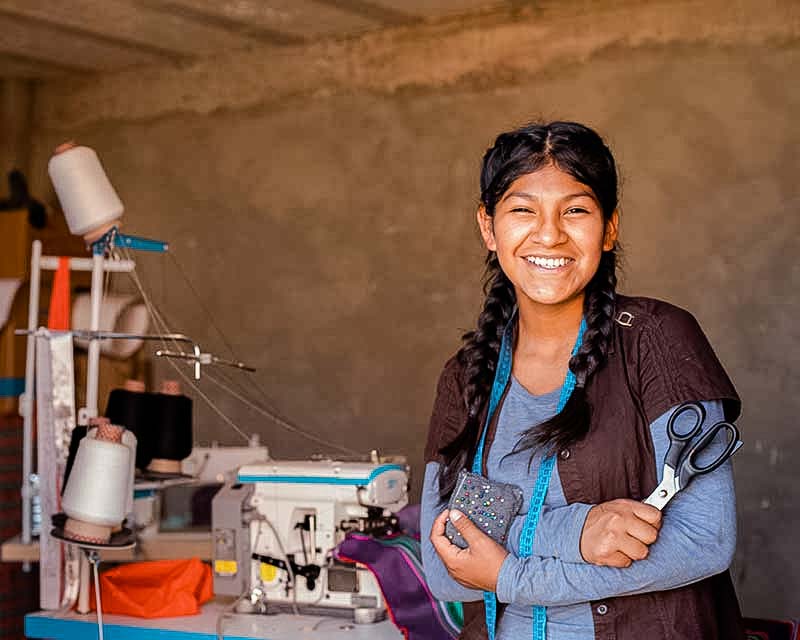A scenic landlocked nation, Bolivia is home to an astounding 40 per cent of the world’s animal and plant species. It is known for its beautiful mountains, extraordinary Lake Titicaca and Salar de Uyuni, the world's largest salt flats.
With 36 different indigenous people groups, this nation has a vibrant culture. Common languages include Quechua, Spanish and Aymara. Families are very tight knit, with many generations often living together in the same house.
Bolivia has made strong social and economic gains in the past two decades. In fact, it has been South America’s strongest-growing economy in that time. Former President Evo Morales renationalised the oil and gas industries and used the subsequent income to invest in social programs, lifting millions of people out of poverty. Between 2000 and 2015, the proportion of Bolivians living on less than US$3.20/day fell from 42 per cent to 12.9 per cent, and the number living in extreme poverty (less than US$1.90/day) improved even more dramatically.
2020 was a year of much political change for the nation. Jeanine Anez, a conservative senator, assumed the presidency on an interim basis after Morales stepped down. Elections were delayed by the COVID pandemic until October 2020, when the Mas socialist party were elected into power. President Luis Acre officially took office in Bolivia in November 2020.
Despite recent progress, many children still live in poverty. Rates of infant mortality, income inequality and illiteracy remain extremely high in rural indigenous communities. Challenges facing the nation include poor sanitation, sex trafficking and forced labour, abuse and drug addiction.
Yet local churches are working hard to reach the most vulnerable families with the love of Jesus and a hope for their future.
READ MOREkeyboard_arrow_down
READ LESSkeyboard_arrow_up
